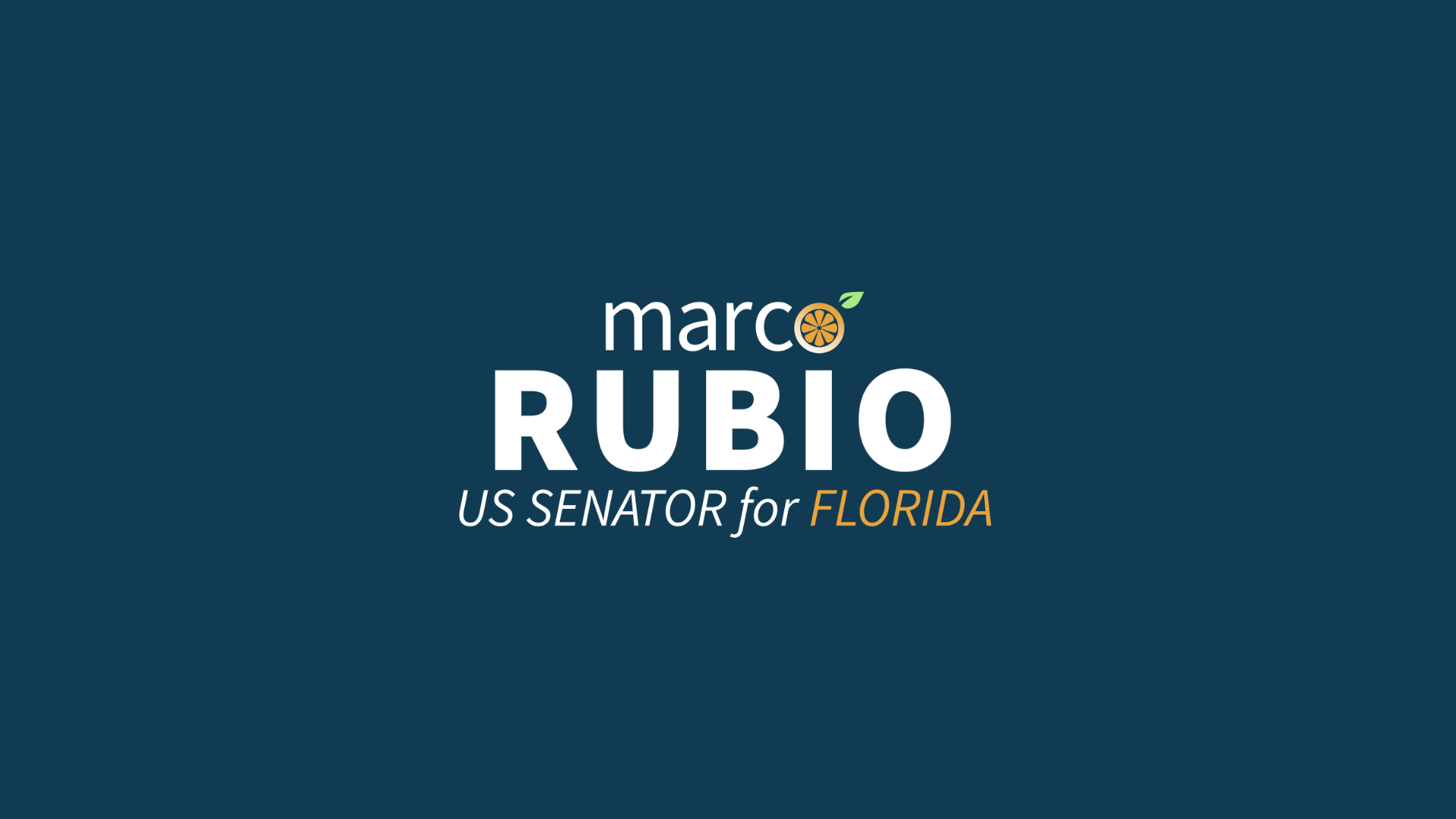Source: United States Senator for Florida Marco Rubio
Washington, D.C. — U.S. Senators Marco Rubio (R-FL), Roger Marshall (R-KS), and colleagues introduced the Prohibiting Religious Exemption and Accommodations Databases Act. The bill would prohibit federal agencies from sharing, disclosing, or disseminating information concerning a religious accommodation request by a federal employee beyond the minimum necessary to process the request. The legislation comes on the heels of numerous federal agencies creating registries of Americans’ religious exemption requests as they relate to President Joe Biden’s COVID-19 vaccine mandate for federal employees.
In addition to Senators Rubio and Marshall, the legislation is cosponsored by Senators James Lankford (R-OK), Roger Wicker (R-MS), Jim Inhofe (R-OK), Mike Braun (R-IN), Steve Daines (R-MT), Rick Scott (R-FL), Cindy Hyde-Smith (R-MS), and Ted Cruz (R-TX).
“It is completely out of line for the Biden Administration to catalog personal information about people’s religious beliefs,” Rubio said. “This bill will prevent the government from tracking private medical decisions of Americans who request a religious accommodation or exemption from a vaccine mandate.”
“As a nation founded on religious freedom, citizens should be confident in their government’s handling of information related to their religious beliefs and how they apply to their personal medical decisions,” Marshall said. “Instead, we have an administration that has pursued a coercive federal approach to mandatory vaccination, including fear of retribution for exercising this religious freedom. I’m proud to lead on legislation to ensure federal agencies are not exchanging and tracking Americans’ private information following the request of a religious accommodation or exemption, opening up the door for instances of discrimination based on individuals’ beliefs in the future.”
Click here for a full list of quotes from cosponsors.
Background:
At least 19 federal agencies – including five cabinet-level agencies – have created or proposed on the Federal Register to create tracking lists for religious-exception requests from their employees. The list includes the U.S. Department of Justice, U.S. Department of Health and Human Services, the U.S. Department of Transportation, and 16 others.
The agencies plan to collect religious affiliation, the reasons and support given for religious accommodation requests, names, contact information, date of birth, aliases, home address, contact information, and other identifying information. These lists will be shared between federal agencies.
The notices do not explain how long they plan on storing this data, why they need to share it between agencies, or why they need to keep it beyond the decision to grant or deny an employee’s religious accommodation request.
